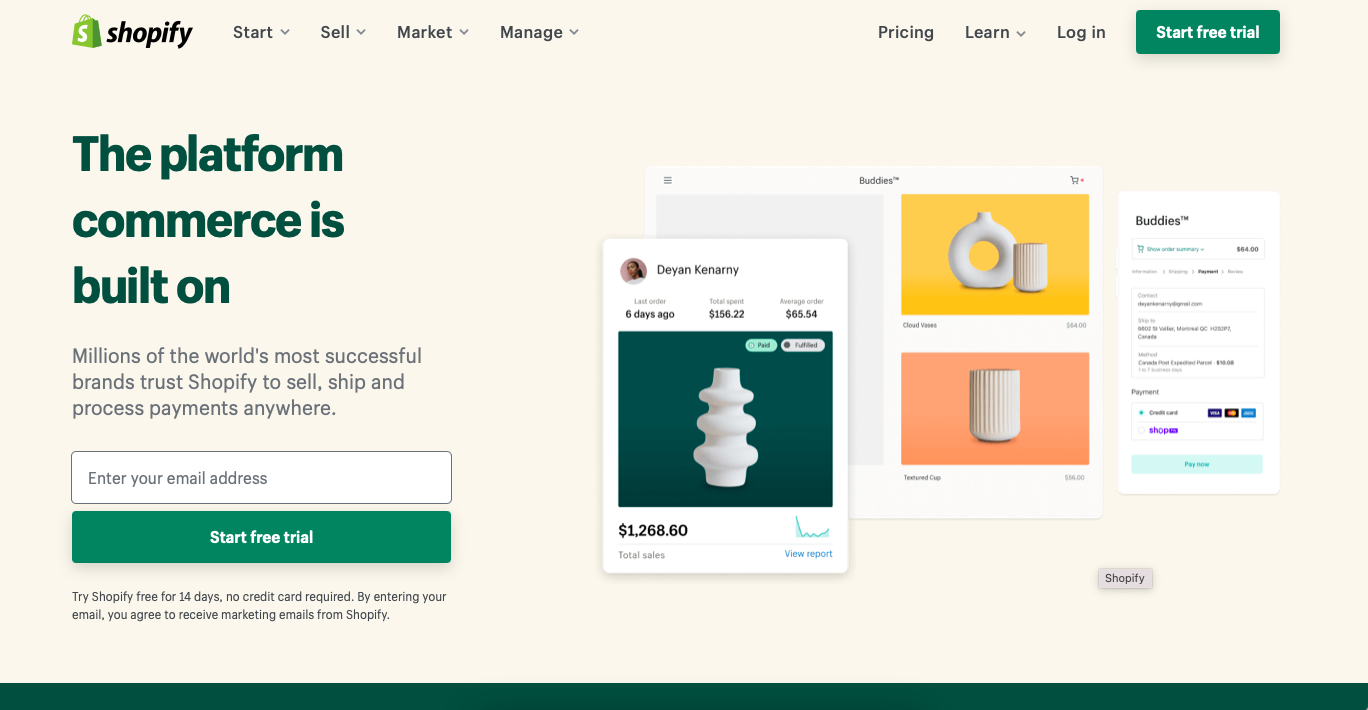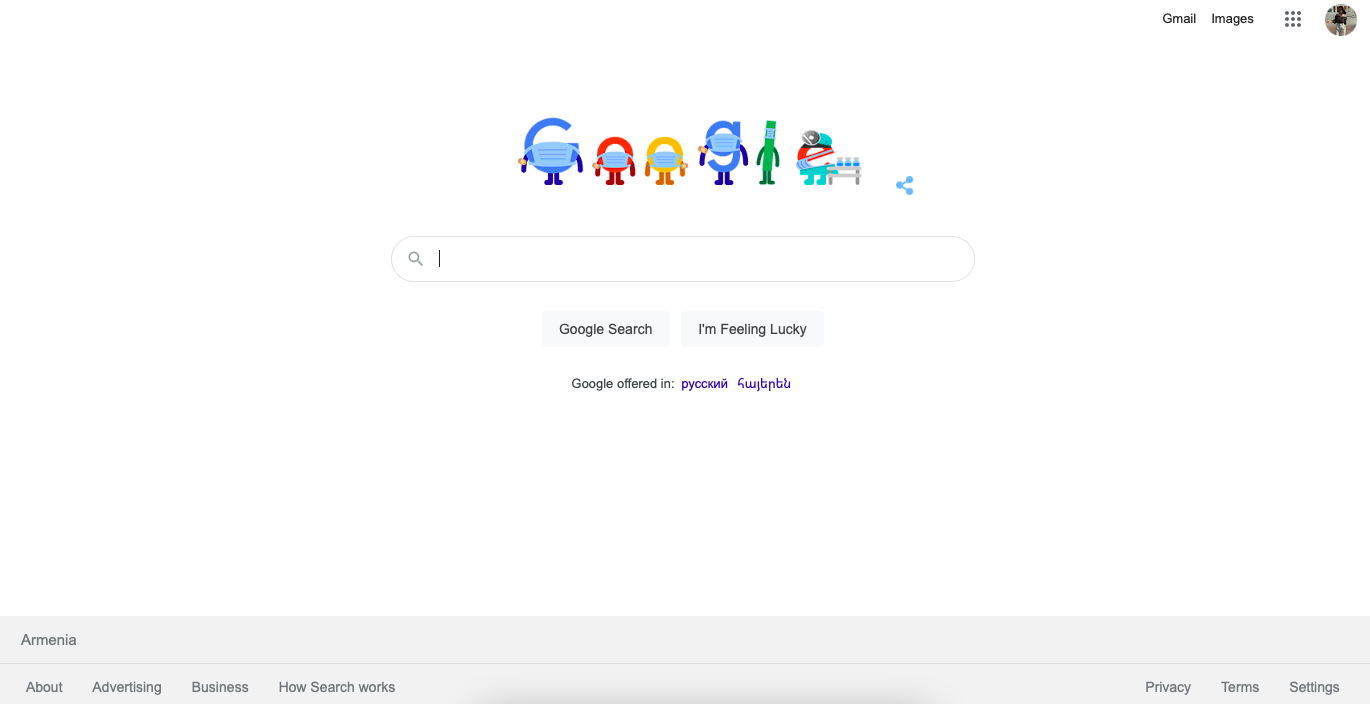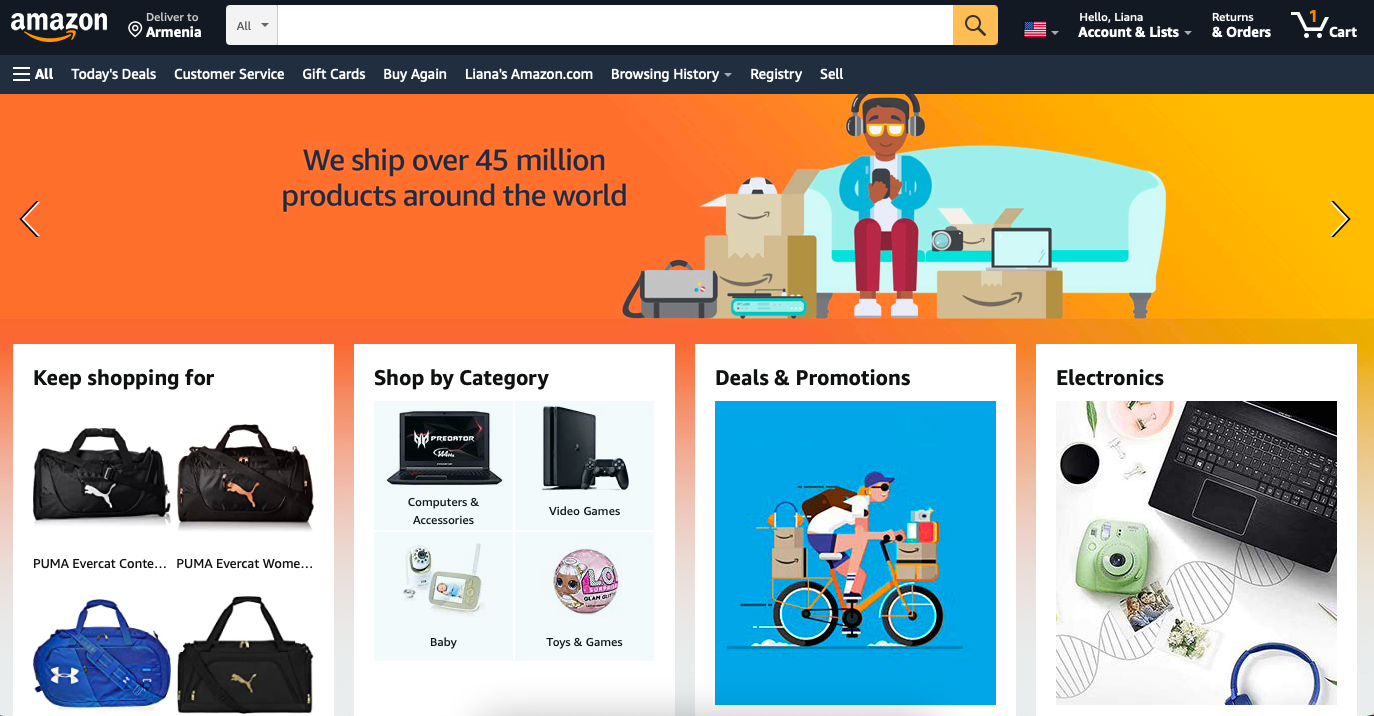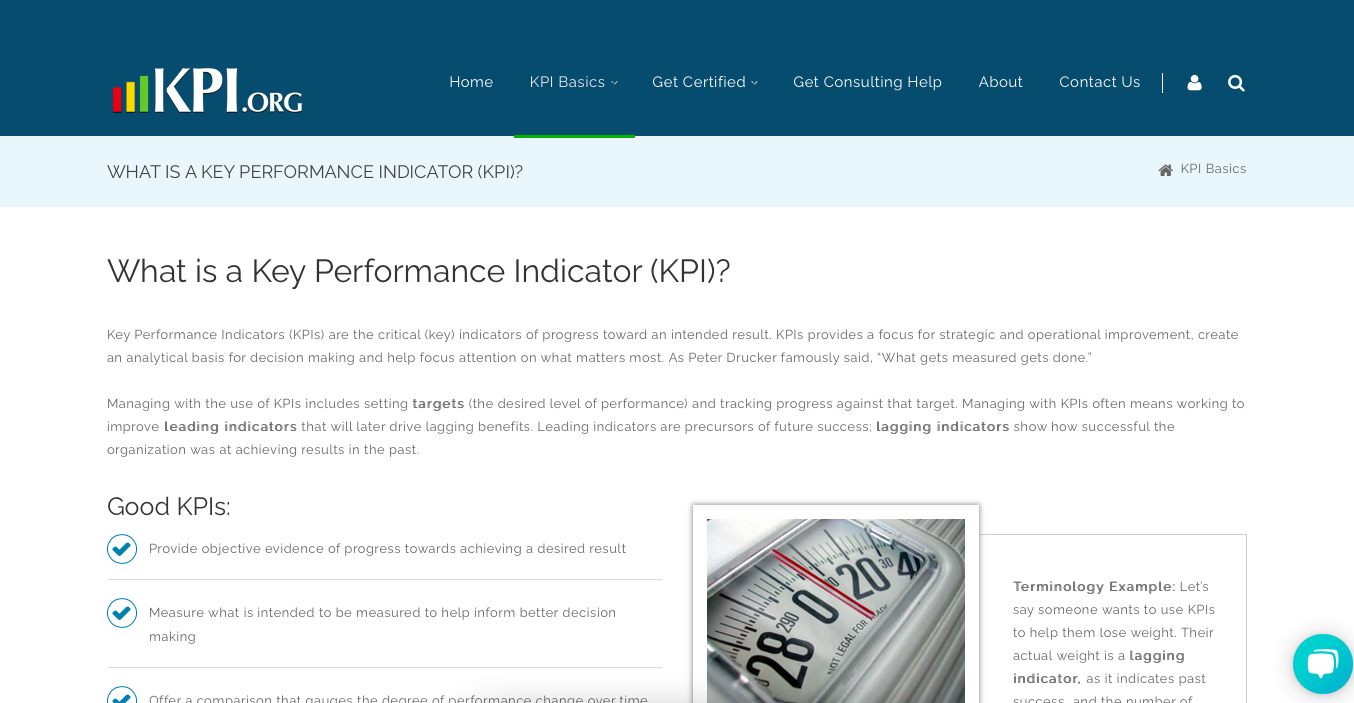E-commerce is an entrepreneurial activity based on the sale of goods, services or SaaS solutions online. The first reason to launch your online business is the ever-growing popularity of eCommerce.
Guide to e-commerce: Why should your business go online?
According to Nasdaq, by 2040, 95% of consumer purchases will be made online.
E-commerce increases brand trust – customers feel more confident when they can easily contact the company to learn more about products and services. According to Microsoft research, the number of people who prefer to communicate with business on the Internet is regularly growing. In 2017 alone, the number of customers over 35 who use social channels to connect with brands doubled.
An online business helps build strong and lasting relationships with the target audience. According to a KPMG report, customers stay loyal to a business if it provides excellent service and a personalized experience.
Finally, that is why the world’s largest Internet companies are famous for their desire to maintain a close relationship with customers.
Top online business companies
E-commerce is a multifaceted field, ranging from small start-ups to enterprises with colossal market capitalizations. Here are 10 popular online companies from different countries:
- Amazon is an American online store with a huge selection of products.
- Facebook is a worldwide popular social network.
- Alibaba is the largest Chinese e-commerce company.


As you can see, an online business combines retail, multimedia and educational services, and much more. This means that there is a place on the Internet for almost any kind of goods or services. Continue to the next section to find the right direction for your business.
E-commerce ideas
- Direct sales
Direct sales are carried out at home, in a cafe, office and other places. The ability to sell goods without being tied to a specific location makes this area ideal for online business. Many companies refuse sales managers and prefer to outsource this work. You can offer your services as a sales representative or join MLM companies such as Amway and Avon.
- SMM promotion
Specialists who help large and small businesses maintain pages on social networks are in high demand. The tasks of an SMM manager include developing a marketing strategy to increase brand awareness, build a positive brand reputation and increase loyalty.
The specialist thinks over the visual design for social networks, prepares a content plan, sets up advertising and monitors performance.
Social media managers build their online business with marketing automation tools that allow them to work remotely with multiple companies at the same time.
- Selling goods on marketplaces
A marketplace is a platform where you can open an online store. Such platforms include eBay, Amazon and others.
Marketplaces provide ready-made solutions for running an online business, which ensures a quick start.
- Paid partnership
Affiliate marketing allows you to earn income for posting a publication about a partner’s product or service on your blog, social networks, email newsletters, and so on. Also you will earn a commission for every lead that clicks on your link and converts into a customer.
For example, to start such an online business, join an affiliate program. This opportunity is offered by various companies, including Shopify and H&M and others.
Not sure which direction to take for your online business?
Think about your strengths and skills to get ahead. Perhaps some of them will help you choose a niche. For example, if you have worked as an HR manager for some time, you can provide your advice and help in writing a resume.
If you cannot directly provide services online, then go the other way. Think about how you can use your existing knowledge for business on the Internet. Let’s say you’re a general contractor and you need to be physically on site. In this case, you can create an online course to share the secrets of mastery with colleagues.
This is the easiest way to find your niche and start building your online business. However, if this option does not suit you, check out a few ideas for beginners that we have prepared for you.
Six recommendations for starting online business
Business development is a complex task that involves many processes and activities. To organize your work initially, follow these six steps.
1. Find a niche
Most aspiring online businessmen do not know which product or service to choose. If you’re also undecided on an idea, here are a few tactics to help you.
- Analyze the problems that you regularly face.
Perhaps some of them have become not only your headache. Think about the difficulties you had to face while searching for a product or service. Use this experience as an idea for your online business.
- Google can help you understand the needs of your audience.
To find them, analyze the keywords and find out what people are searching for.
Then visit the forums where users share their difficulties and try to find a way to solve these problems.

2. Do your research
Now that you have decided on a niche, take your time to act. Avoid hasty decisions and actions, test your business idea first. To do this, study the market, analyze competitors and determine the target audience.
- Start by evaluating the stability of the market.
Try to understand how practical your product or service is and what problems you might encounter. Analyze as many details as possible.
After studying the market, start testing. Launch a website to check the demand for your product. It’s also a great opportunity to drive traffic and collect pre-orders before launching.
- Don’t forget to keep track of your competitors.
A detailed analysis of their business will give clues about the unique selling proposition, marketing, mistakes to avoid, and so on.
- Study the target audience.
3. Learn the e-commerce laws
The legal side of preparation can seem like the most tedious part of starting a business. However, knowing the laws of online business will not only save your company from bankruptcy, but also help you get additional benefits.
- Learn the legal side of online business by reading the rules of doing business on the Internet.
Whatever country you are in, most of the information can be found online on official government websites or blogs of local business associations. For example, in the US there is the Small Business Administration. On the website, businessmen can find a summary of the laws on entrepreneurial activity on the Internet.

- Learn about tax liability for your online business.
Take a close look at the different tax regimes. Some of the tax options may be softer than others. Be sure to check out the available perks.
4. Choose the right platform
By the way, creating a website from scratch with the help of developers or special agencies is not the only option. To find the perfect platform for your online business:
- research the niche
- the needs of the company
- the places your target audience prefers.
You may not need a website.
- For example, if you have a small handicraft store, you can sell your products through Instagram, Facebook or WhatsApp.
All of these platforms allow you to build long-term relationships with customers, create personalized offers for them and increase the level of loyalty.
- Another option is to join a marketplace like Amazon, eBay, Aliexpress.
The benefit of these marketplaces is that they already have their own audience. You only need to understand the features of the work and win the attention of potential buyers. This approach has a quick start and requires less effort to promote than your own online store.

5. Drive online traffic
Your online business needs traffic, so consider how to drive it to your platform.
First of all, take advantage of networking opportunities.
- If your business has an unusual concept or influences social life, try to involve the media.
Write a press release for local channels, newspapers, magazines and websites. Media representatives regularly look for interesting topics to retain their audience and maintain engagement. Your brand can be a great opportunity for a new story or article.
- Find media that could talk about you.
Make sure that your target audiences match and find out the contacts to which you can send a press release. To attract the media, your message must be catchy, clear, and concise. It must contain the name of your brand, its mission and the purpose of the appeal.
- Remember, a media release is not a ten-page story about yourself.
Some journalists receive dozens of press releases in their email every day, so they simply do not have time to reread long and boring texts. Pay special attention not only to preparing the structure of the text, but also to the subject of the letter.
Meanwhile, according to BuzzStream, 85% of media editors decide whether or not to open a mailing list based solely on the subject line.
6. Analyze performance
Performance tracking is at the heart of the success of your online business. If you analyze the indicators, you will be able to make timely changes to your marketing strategy. Choose new directions for development and improve your business model.
Here are three groups of Key Performance Indicators (KPIs) to track:
- First, commercial data allows you to evaluate the performance of your site and understand the buyer’s journey.
The most common metrics here are number of sales, conversion rate, traffic, and bounce rate.

- Second, marketing success metrics help evaluate your strategy.
These data vary across channels. For example, for email marketing, open rates and click-through rates are important, average position is important for SEO. The number of subscribers and engagement is important for social networks.
- Third, KPIs show the overall performance of your business and financial results. Here are a couple of examples: customer LTV, gross margin, average margin, and so on.
Using the right KPIs is only possible with a well thought out marketing strategy. Let’s look at the most effective channels for promoting your online business.
Yours, Amaz.Markets
0

